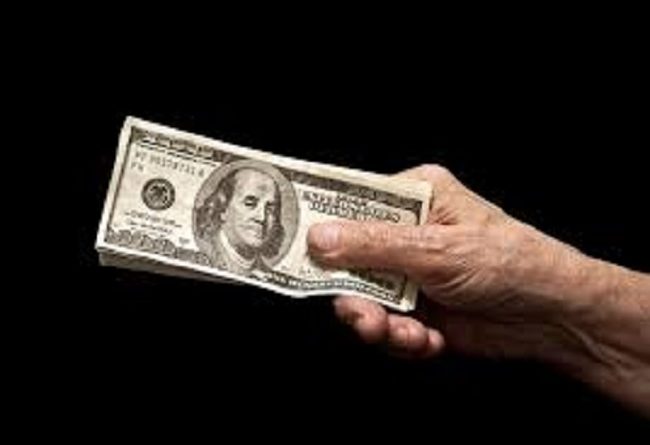Creditors Set To Snatch Your Coronavirus Stimulus Check If You Have Outstanding Debts
There is an indication that millions of Americans are slated to get one-time government stimulus payments this week, however, there are growing legislation that could mean that people with outstanding debts may never see the money.
This is so because several state Attorneys General and U.S. Senators are calling for the Treasury Department to reverse that policy
A fight could be brewing over your coronavirus stimulus check. Your opponent could be your very own bank.
If you have outstanding debts, your stimulus payments could be reduced or taken by creditors or debt collectors, in what 25 state attorneys general called a “legislative oversight” in a letter sent to Treasury Secretary Steve Mnuchin on Monday.
Millions of Americans are expecting payments from $1,200 to $2,400, depending on whether they are single or married, plus $500 per child under 17. The Treasury Department has said it expects more than 80 million individuals to receive payments in their bank accounts this week. Paper mail checks will be sent out to individuals and families who do not have their bank account information on record with the government.
Many Americans are counting on that money after seeing their jobs and income diminish or disappear altogether as the coronavirus has all but shut down the U.S. economy.
Lawmakers from both sides of the aisle in Congress have also petitioned for the change. That includes Sens. Sherrod Brown, D-Ohio; Elizabeth Warren, D-Mass.; Ron Wyden, D-Ore.; and Josh Hawley, R-Mo.
In a letter to Mnuchin dated April 9, Sens. Brown and Hawley called for all debts except for outstanding child support to be excluded.
“Treasury has the authority — and must exercise it — to also protect CARES Act direct payments from being seized to satisfy garnishment orders for private debts (except for child support payments),” the senators wrote.
The Treasury Department did not immediately respond to a request for comment. This story was first reported by The American Prospect.




